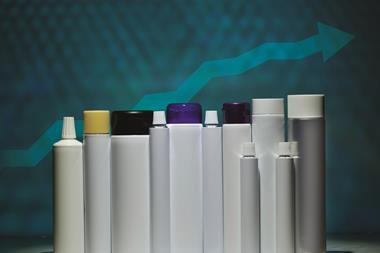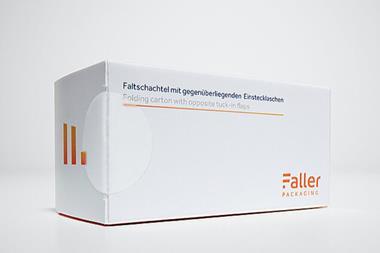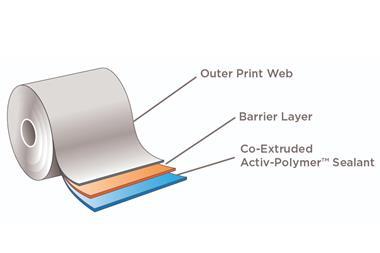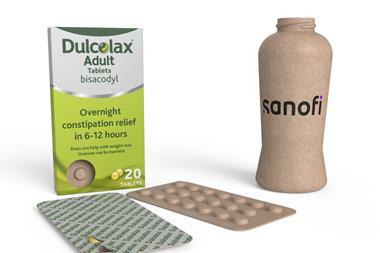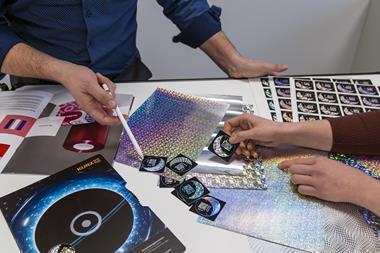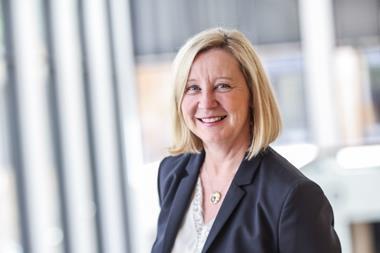Pioneering products provided by Peli BioThermal, the global name in cold chain packaging, have proved critical in the success of an air ambulance blood plasma transportation trial.
Additional lives were saved thanks to the blood plasma products administered at accident scenes by the Great North Air Ambulance Service (GNAAS) which were safely transported in Peli BioThermal temperature controlled packaging products.
Peli BioThermal’s Crēdo ProMed™ is a robust, temperature controlled portable medical transport bag designed to ensure protected pharmaceutical products remain intact. The air ambulance crew used the thermal bags, which are utilised by emergency responders and medical couriers globally, throughout the recent trial.
The Crēdo ProMed™ transported the new blood plasma treatment during the five-month trial, which has now been extended so the service’s helicopters can carry defrosted fresh frozen plasma on board.
Paul Terry, Peli BioThermal’s Director of Sales EMEA, said: “We are delighted the trial has been so successful for this vital air ambulance service and Peli BioThermal products proved instrumental in ensuring the precious blood plasma, designated for emergency treatment, remained protected at all times.This trial success demonstrates how our robust and reliable temperature controlled packaging products are continually helping save lives here in the UK and worldwide.”
Paramedic, Andy Mawson, GNAAS deputy director of operations, said: “Transfusing blood products at the scene of an incident to a critically injured patient may save their life. We know that we can depend on the security and temperature of these products by using Peli BioThermal Crēdo ProMed™ transport bags which have never let us or our patients down.”
The trial by the GNAAS charity acknowledged a number of patients would have died without the new treatment and major trauma patients are alive today because of the rapid transfusions they received at the scene of their accident.
Plasma assists in stopping bleeding by helping blood clots to form. Previous to the introduction of plasma, patients would be stabilised using blood transfusions by the helicopter’s air doctor and then receive plasma on arrival at hospital.
More info:



